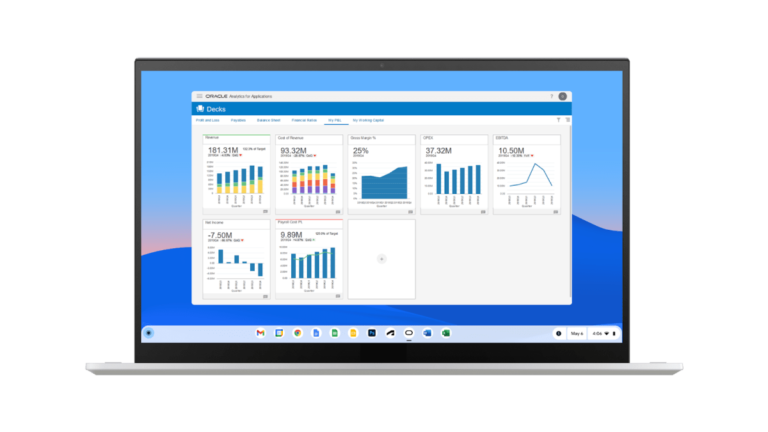Google purchases Cameyo, expanding Windows application availability on ChromeOS

Google has acquired Cameyo, a company developing virtualization tools to run Windows apps on ChromeOS devices, for an undisclosed amount.
Cameyo CTO Eyal Dotan founded the startup in 2018, aiming to create a platform to virtualize Windows apps so that they could run on non-Windows machines and even within web browsers.
Last year, perhaps foreshadowing the acquisition, Google partnered with Cameyo to launch features including Windows app local file system integration and the ability to deliver virtual Windows apps as progressive web apps, or apps hosted in datacenters that run in browsers.
With Cameyo’s tech, organizations looking to move away from Windows — or work with both Windows and ChromeOS — have a potentially more appealing avenue, particularly as more and more apps move to the cloud and web-based technologies.
Indeed, Cameyo claims on its website that hundreds of organizations, including school districts and financial institutions, already rely on its software.




